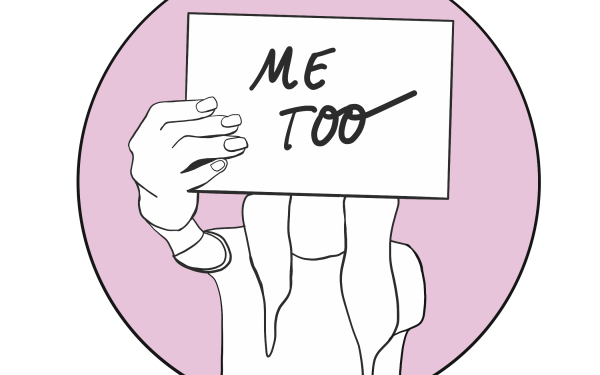Finding a Middle Ground in Leftist Circles
Why Does It Have to Be All or Nothing?
Societal trends attract a certain demographic—which is completely normal.
But, it feels as though they form exclusive groups. What I mean is that these groups of people who advocate for ethically controversial issues are extreme believers in their cause, and therefore frown upon those who want to participate in the movement without being fully committed.
Some people are completely dedicated to a polarizing lifestyle, whether that translates to being vegan, being someone who doesn’t shop at chain clothing stores, or being someone who lives waste-free, because those beliefs are ingrained in their character and then carried out in their behaviour.
Others however, are not willing to sacrifice whatever they are accustomed to and enjoy in their life for an absolutely sustainable and eco-friendly lifestyle. But, they support the idea and want to participate on their own terms.
I doubt that meat-eaters take pleasure in knowing that their consumption habits hurt animals, just as much as I doubt that fast-fashion shoppers take pleasure in knowing that their trendy new clothes were manufactured by underpaid—and probably underage—labourers.
If people are conscious of their actions and willing to make a small change, it will promote the movement among a broader range of people instead of approaching the issue from an “all or nothing” perspective. Opening the discussion will make the movement more accessible and open to anyone who wants to contribute in their own way and will tear down the walls of exclusivity that segregate two extreme attitudes.
As long as you’re not claiming to be fully committed to a movement, why is it hypocritical to be somewhere halfway?
If anything, pressing an ultimatum drives people away. Even worse, it makes them resent the idea to the point that they’ll do anything they can do go against it.
I remember one day in high school, it was “vegetarian day,” and the main course was a plate of pasta. Now, pasta is something that most people would eat, vegetarian or not. But all the people opposed to the idea of vegetarianism made faces of disgust, simply because the meal was labeled vegetarian. Do you see my point?
Extreme behaviours create a divide, obliging people to pick a side; you’re vegetarian or you’re not vegetarian. Or, you’re a sustainable and ethical shopper or you’re not. This extremism eclipses the entire goal of having ethical, healthy and sustainable habits which is, essentially, to make the world a better place, one way or another.
And, it puts all the people who find themselves somewhere in between feeling like hypocrites. Heaven forbid you buy a pair of boots from Zara once in a blue moon, even though the majority of your closet consists of local brands or thrifted items.
Pressing an ultimatum would only work for people who are already convinced by the idea and want to lead that lifestyle. But let’s face it, most people are not ready to turn their entire lives around—or at least very big parts of it like, what they eat and purchase.
No matter how people choose to act, they should be aware of their actions’ repercussions.






